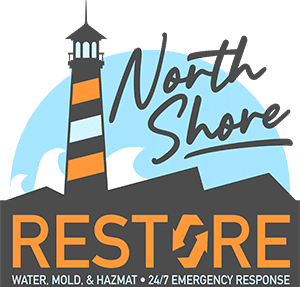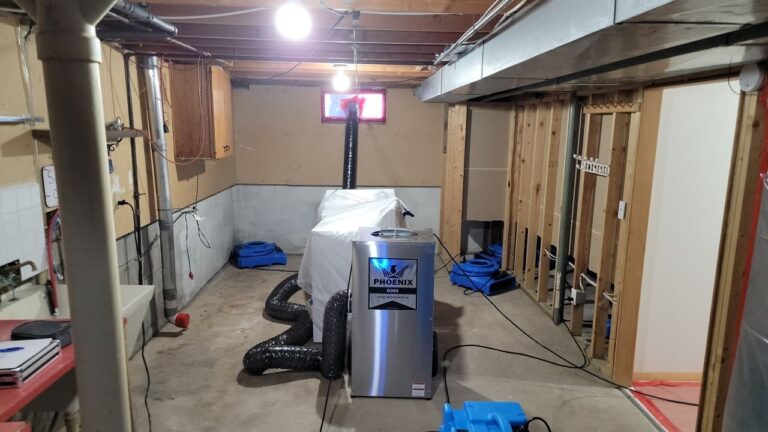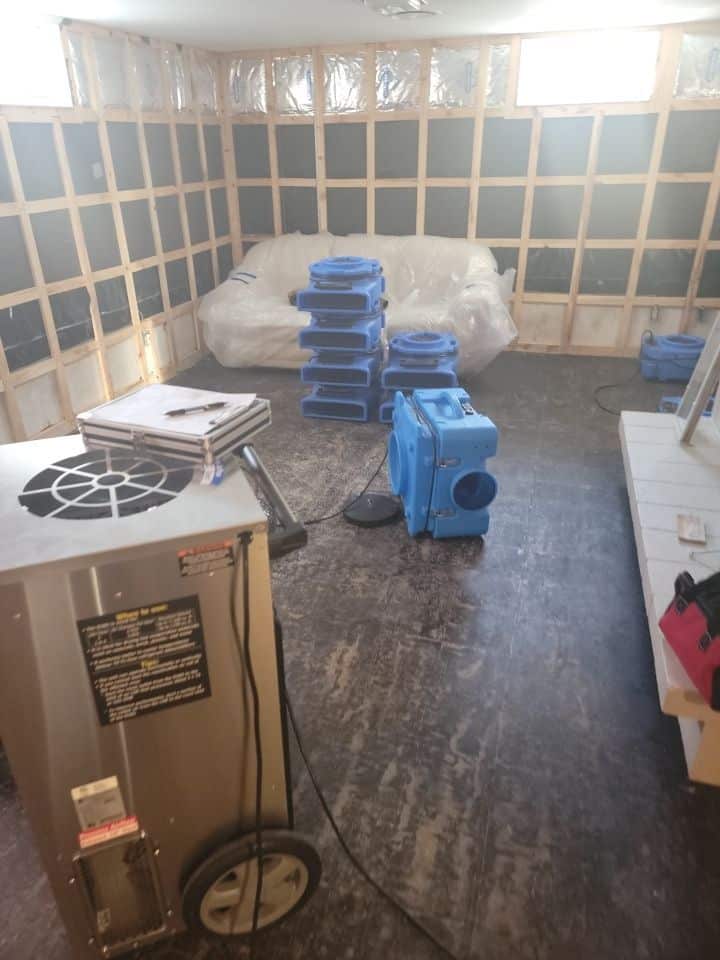Signs Your Water Heater Needs Replacement
Signs Your Water Heater Needs Updating

Having a water heater that is working properly can help you save money on your energy bill. It can also help you avoid water damage and mold that can result from a leak in your home’s plumbing system. However, there are signs you may notice that your water heater needs updating.
Rusty or coppery corrosion near copper pipes
Having rusty or coppery corrosion near copper pipes in your water heater can have a negative effect on your health. Rusty or coppery corrosion can also cause your plumbing system to break down and cost you money to repair. If you have a faulty plumbing system, you should contact a plumber for help.
In order to determine if you have a pernicious leak, look for brown stains on the ceiling, sinks, toilets and drains. Blue-green stains may also appear on showers and faucets.
You can test your water for pH and temperature. This can help you identify if you have an issue with copper corrosion. It can also help you determine whether you need to replace your pipes.
Copper pipe corrosion is caused by many factors. One of the main reasons is when copper pipes come into contact with moisture or air. This can result in pinhole leaks, which may go undetected for months. If you find any signs of copper corrosion, you should contact a plumber right away.
Changes in water flow rate or pressure
Whether you have a new or older water heater, there are some signs to look for that will tell you when it’s time to change out your old unit for a new one. If you aren’t familiar with plumbing, you might want to call a plumber to get the job done.
The best way to gauge the level of water pressure is to place a water pressure gauge on the outermost faucet in your home. Leave it on for a few minutes and check the psi. If it is less than 30 psi, you have a problem.
Using a pressure gauge is a cheap and easy way to find out if you are experiencing low water pressure. It is also a good way to measure the flow rate of your hot water.
A broken pressure regulator is a common cause of low water pressure. If you have a faulty regulator, it may be a good idea to have a licensed plumber fix it.
Unusual noises
Depending on the type of water heater you have, there are a number of noises that may be produced. These sounds may be a sign of a problem with the water heater itself or with the surrounding plumbing. It’s best to call a plumber to assess the situation.
Often, the noises that can be produced by a water heater are fairly easy to fix. If you are hearing a rumbling, tapping, or knocking sound, it may be a sign that sediment is accumulating in the water tank. This could indicate a leak, or that the heating element is clogged.
Similarly, a sizzling sound can indicate that the water isn’t flowing through the pipes. It’s important to note that the heater itself isn’t the problem, but the valves that control the flow of water. If a leak is the cause of the noise, it’s necessary to replace the pipe.
Another common type of noise is a screeching or ticking sound. This is caused by the temperature and pressure relief valves. This is usually located on the side of the water tank, and it’s designed to allow water to be released.


